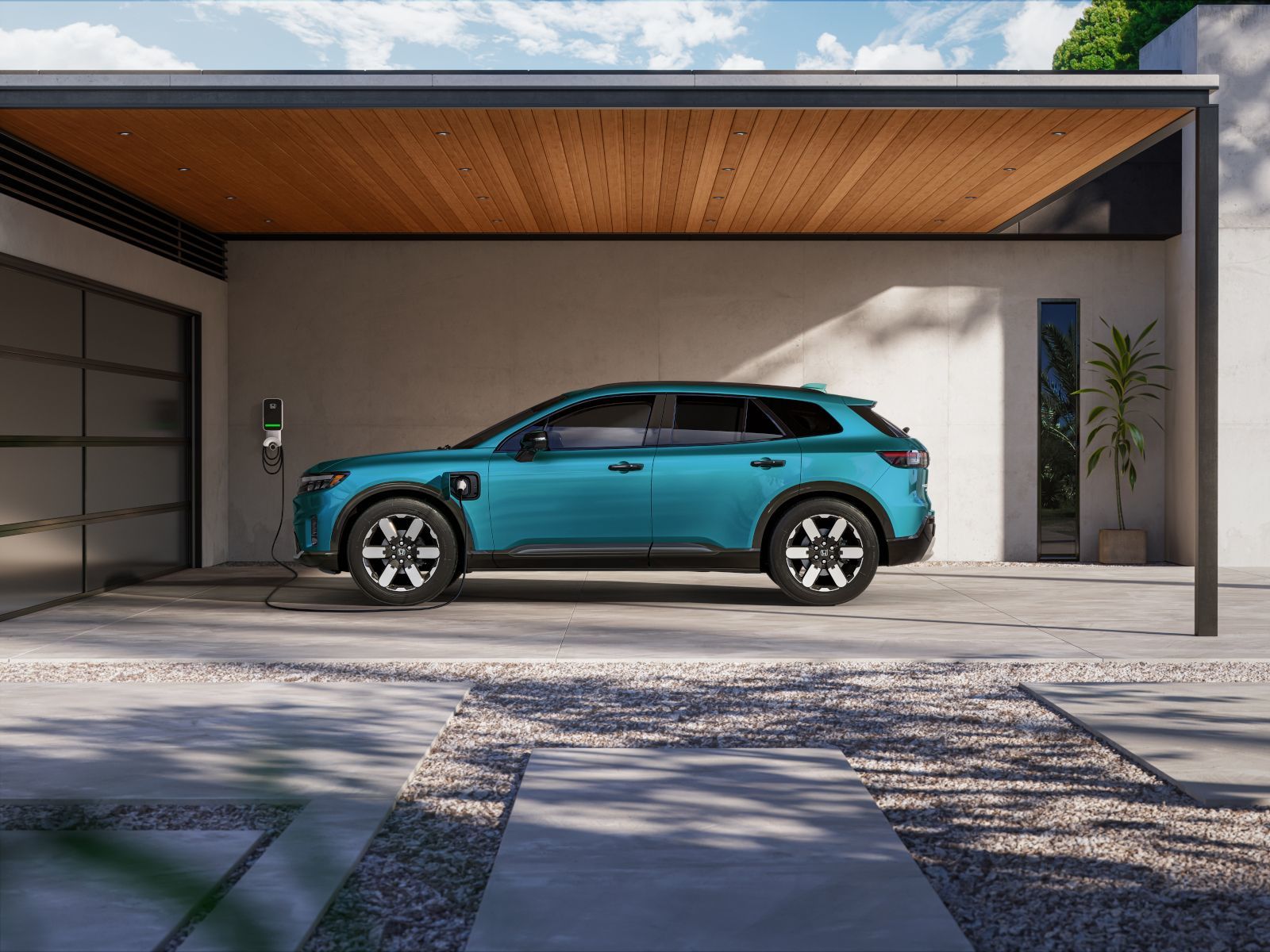Honda Bets Big on Ontario for Electric Vehicle Future
April 30 2024,

Honda Motor Co. is making a bold $15 billion Canadian investment to establish a comprehensive electric vehicle (EV) manufacturing ecosystem in Ontario, banking on the province's resources and incentives as a launchpad for its North American electrification strategy.
The Japanese auto giant revealed plans to construct an innovative EV assembly plant and dedicated EV battery plant in Alliston, Ontario, by 2028. With an expected annual output of 240,000 EVs and 36 gigawatt-hours of batteries, the facilities would significantly boost Honda's ability to meet rising demand for zero-emission vehicles across North America.
However, the multi-billion dollar investment goes beyond vehicle and battery production. Honda is also partnering with POSCO Future M Co. and Asahi Kasei Corporation to build a cathode materials plant and separator plant, respectively, in Ontario to secure key EV battery ingredients and components.
“In North America, following the initiative to establish our EV production system capability in the U.S., we will now begin formal discussions toward the establishment of a comprehensive EV value chain here in Canada, with the support of the governments of Canada and Ontario," said Toshihiro Mibe, Honda's President & CEO. "Honda is making progress in our global initiatives toward the realization of our 2050 carbon neutrality goal.
The plans are expected to create over 1,000 new jobs at the plants, in addition to maintaining Honda's current 4,200 manufacturing workforce in the province. Spinoff opportunities in construction and supplier networks could further amplify the economic benefits.
"Today's announcement is a historic investment by a manufacturer in the Canadian auto industry," said Jean Marc Leclerc, President & CEO of Honda Canada. "It proudly honours the highly skilled associates who have earned a global reputation for manufacturing excellence and represents Honda’s recognition of the long-term attractiveness of the Canadian electric vehicle manufacturing ecosystem."
To support the project, Honda said it is collaborating closely with federal and provincial government officials to access recently introduced tax credits and incentives promoting sustainable manufacturing innovation.
Finalizing the scope of the investment with partners like POSCO and Asahi Kasei is expected within six months. Key targets include bolstering raw material sourcing, implementing low-carbon production processes, and establishing comprehensive battery recycling capabilities.
The Ontario "EV value chain" investment complements Honda's previously announced $4.4 billion joint venture with LG Energy Solution to mass produce EV batteries in Ohio, establishing that state as a U.S. EV hub from 2025.
For Honda, realizing its ambitious global electrification targets hinges on strategically localizing EV supply chains in core markets like North America. As rivals like Toyota, Ford and Hyundai ramp up their own multibillion-dollar EV investments across the continent, Ontario emerges as a new battleground.
Though substantial, the $15 billion outlay could pay long-term dividends if Honda successfully executes an integrated EV ecosystem capable of cost-effectively supplying millions of EVs to North American consumers in the coming decades.


